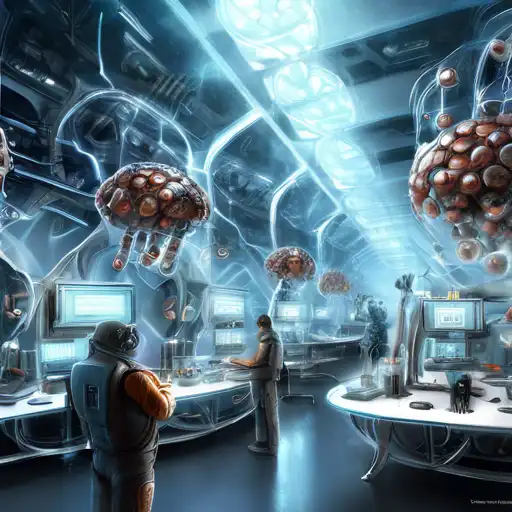Introduction to Nanotechnology
Nanotechnology, the science of the incredibly small, is making a monumental impact across various industries. By manipulating matter at the atomic and molecular level, scientists and engineers are creating materials and devices with remarkable properties and functions. This article explores the vast potential of nanotechnology and its current applications that are shaping the future.
The Science Behind Nanotechnology
At its core, nanotechnology involves the study and application of extremely small things, typically less than 100 nanometers in size. To put this into perspective, a single sheet of paper is about 100,000 nanometers thick. This field merges principles from physics, chemistry, biology, and engineering to innovate at the nanoscale.
Current Applications of Nanotechnology
Nanotechnology is already transforming numerous sectors, including healthcare, electronics, energy, and environmental science. Below are some of the groundbreaking applications:
- Healthcare: Targeted drug delivery systems that minimize side effects and improve treatment efficacy.
- Electronics: Faster, smaller, and more efficient electronic components, leading to advancements in computing and mobile devices.
- Energy: Enhanced solar panels and batteries that offer higher efficiency and sustainability.
- Environmental: Nanomaterials that can clean up oil spills or filter water more effectively.
The Future of Nanotechnology
The potential of nanotechnology is boundless. Researchers are exploring ways to use nanotech for quantum computing, regenerative medicine, and even space exploration. As we continue to unlock the secrets of the nanoscale, the possibilities for innovation are endless.
Challenges and Ethical Considerations
Despite its promise, nanotechnology faces challenges, including safety concerns, environmental impact, and ethical dilemmas. It's crucial to address these issues responsibly to ensure that nanotechnology benefits society as a whole.
Conclusion
Nanotechnology is a testament to how small tech can make a big impact. With its wide-ranging applications and future potential, it's clear that nanotechnology will continue to play a pivotal role in advancing human knowledge and improving quality of life. As we stand on the brink of this technological revolution, the question isn't if nanotechnology will change the world, but how.
